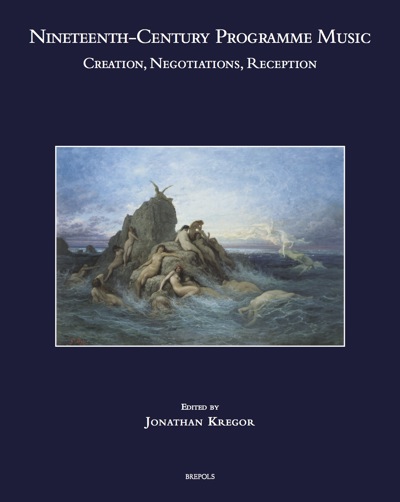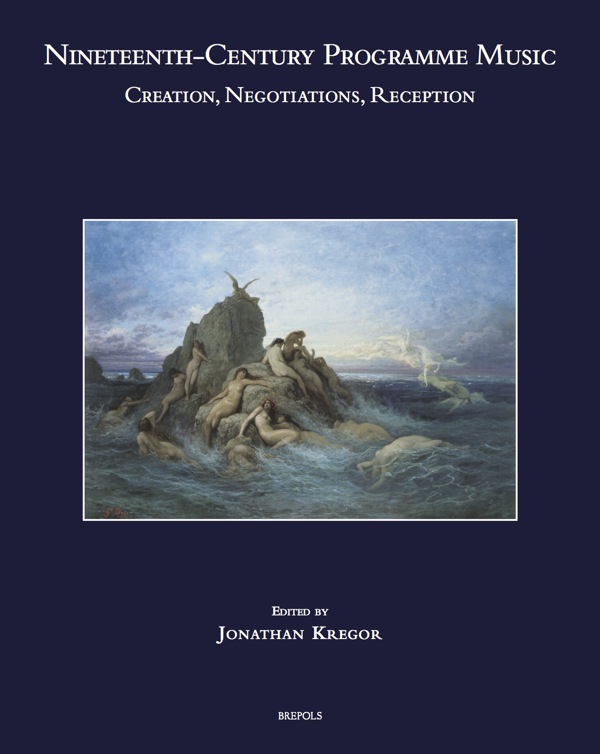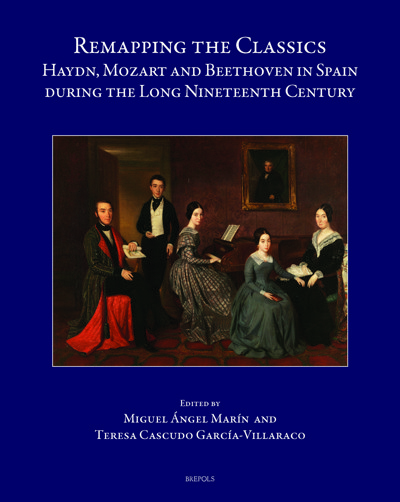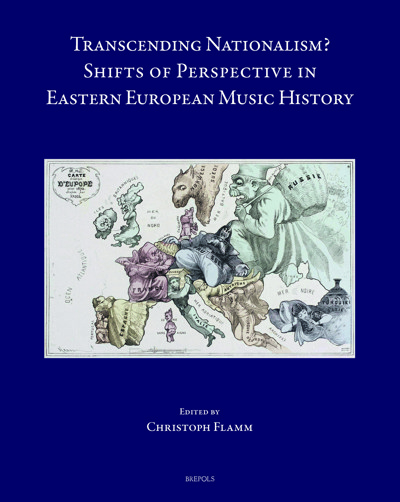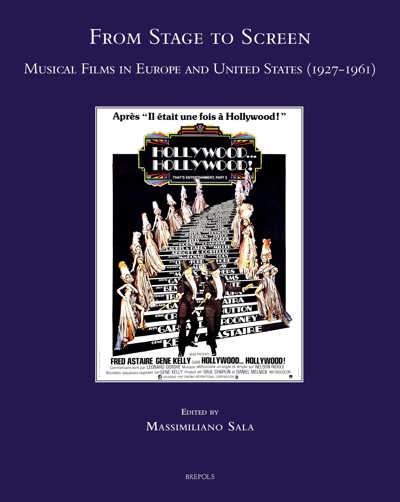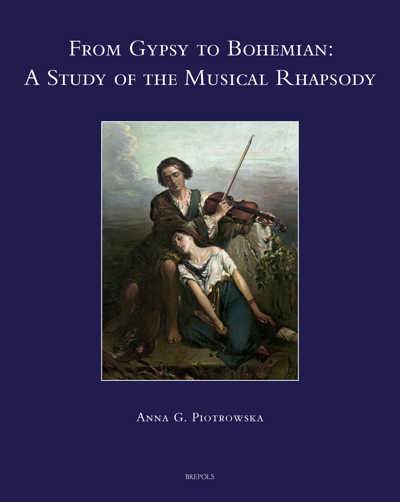
- Pages: xiii + 489 p.
- Size:210 x 260 mm
- Illustrations:16 b/w, 87 tables b/w.
- Language(s):English, German, Italian
- Publication Year:2019
- € 140,00 EXCL. VAT RETAIL PRICE
- ISBN: 978-2-503-58346-4
- Hardback
- Available
This volume explores the diverse ways in which programme music was historicized, practiced, and received during the long nineteenth century.
Jonathan Kregor is Professor of Musicology at the University of Cincinnati, College-Conservatory of Music. His research interests include aesthetics, Franz Liszt, musical reproduction, music and memory, virtuosity and gender, and art song. He is the author of "Liszt as Transcriber" (2010); "Program Music" (2015); editor of works by CPE Bach and Clara Schumann; and co-editor of "Liszt et la France" (2012). Since 2012 he has been editor of the "Journal of the American Liszt Society".
The history of programme music stretches back centuries, but only in the nineteenth century did it enter into widespread use. Indeed, seminal compositions by Ludwig van Beethoven and Frédéric Chopin to Arnold Schoenberg and Jean Sibelius have helped programme music to secure a position within the artistic pantheon, albeit not without bringing a significant amount of controversy in tow. Yet despite its ubiquitous presence in the nineteenth century, scholarship has not adequately articulated the full extent of programme music’s range and impact. This volume explores the diverse ways in which programme music was defined, historicized, practiced, disseminated, and judged. It considers how biography, tradition, and function informed the compositional approaches taken by Beethoven, Joseph Joachim, Ethel Smyth, and Zygmunt Noskowski, among others. It draws on extra-musical elements—novels, poems, lithographs, and other forms of creative expression—to determine the ontological profile of works by Chopin, Franz Liszt, Antonio Pasculli, Piotr Tchaikovsky, and Leoš Janáček. It situates compositions by Johannes Brahms, Gustav Mahler, Sibelius, and Schoenberg within the ongoing discourse around Hanslickian absolute and Lisztian programme music. And it visits major European cities to highlight the critical streams of reception toward the end of the century. Throughout, it repeatedly engages with questions of generic identity (with special attention given to the symphonic poem), issues of narrativity and topicality, and considerations of form and structure.
